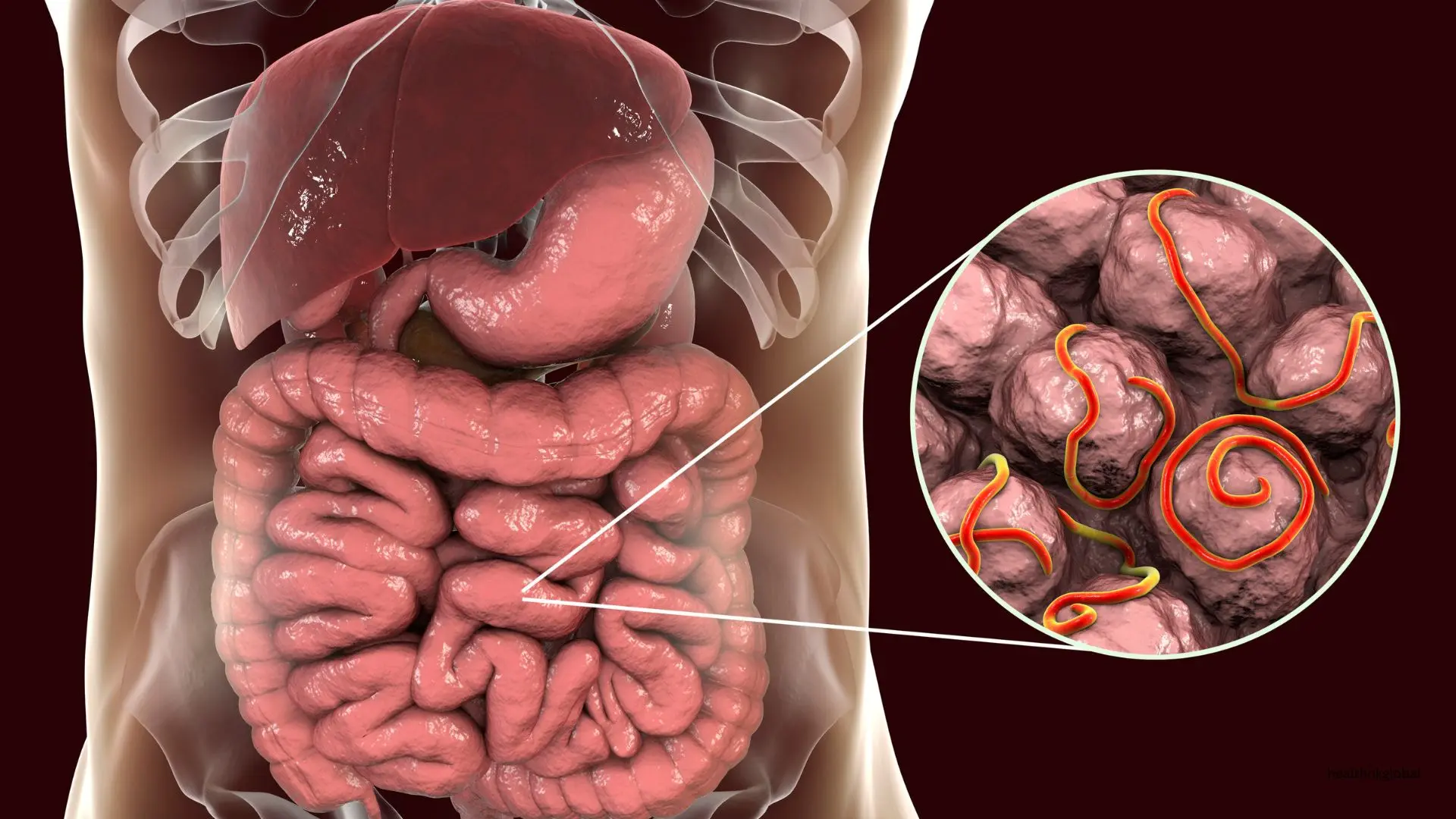Hernias occur when an organ or tissue protrudes through a weak spot in the surrounding muscle or connective tissue.

Blog
Can a Hernia Cause Back Pain? Understanding the Connection
Hernias occur when an organ or tissue protrudes through a weak spot in the surrounding muscle or connective tissue. While they're commonly associated with abdominal discomfort, many individuals wonder if a hernia can also lead to back pain. The answer isn't always straightforward, as various factors come into play. Let's delve into the relationship between hernias and back pain to gain a better understanding. When discussing hernias and back pain, it's essential to recognize that not all hernias directly cause discomfort in the back. However, certain types of hernias, particularly those in the lower abdomen, can lead to referred pain that radiates to the back. This occurs due to the interconnected network of nerves in the abdominal and lumbar regions.
One of the primary reasons a hernia might result in back pain is due to its impact on nearby nerves. When a hernia presses against or irritates nerves in the abdomen, it can produce sensations of discomfort that travel along nerve pathways, manifesting as pain in the back. Additionally, the strain placed on surrounding muscles as they attempt to compensate for the hernia can contribute to back pain. Another aspect to consider is the lifestyle changes often associated with hernias. Individuals with hernias may alter their posture or movement patterns to alleviate discomfort, inadvertently placing strain on their back muscles. Over time, this can lead to muscle imbalances and chronic back pain.
Recognizing the symptoms associated with hernias and back pain is crucial for prompt diagnosis and treatment. Common signs of a hernia include a visible bulge or swelling in the affected area, along with discomfort or pain during physical exertion or lifting heavy objects. Back pain associated with a hernia may vary in intensity and location, often presenting as a dull ache or sharp, shooting pains. If you suspect that your back pain may be related to a hernia, it's essential to consult with a healthcare professional for an accurate diagnosis. Depending on the severity and type of hernia, treatment options may include lifestyle modifications, pain management strategies, or surgical intervention to repair the hernia and alleviate associated symptoms.
The treatment approach for hernias causing back pain depends on several factors, including the type and size of the hernia, as well as the individual's overall health and medical history. In many cases, conservative measures such as rest, physical therapy, and pain medication can help alleviate discomfort and improve mobility. For larger or more symptomatic hernias, surgical repair may be necessary to prevent complications and restore normal function. Advancements in surgical techniques, such as minimally invasive procedures, have made hernia repair safer and more effective than ever before. Your healthcare provider will work with you to determine the most appropriate treatment plan based on your unique needs and circumstances.
While not all hernias directly cause back pain, certain types and circumstances can lead to discomfort in the back region. Understanding the potential link between hernias and back pain is essential for accurate diagnosis and effective treatment. By recognizing the symptoms and seeking prompt medical attention, individuals can address hernias and associated back pain to improve their quality of life and overall well-being. Remember to consult with a healthcare professional for personalized guidance and care tailored to your specific situation.
One of the primary reasons a hernia might result in back pain is due to its impact on nearby nerves. When a hernia presses against or irritates nerves in the abdomen, it can produce sensations of discomfort that travel along nerve pathways, manifesting as pain in the back. Additionally, the strain placed on surrounding muscles as they attempt to compensate for the hernia can contribute to back pain. Another aspect to consider is the lifestyle changes often associated with hernias. Individuals with hernias may alter their posture or movement patterns to alleviate discomfort, inadvertently placing strain on their back muscles. Over time, this can lead to muscle imbalances and chronic back pain.
Recognizing the symptoms associated with hernias and back pain is crucial for prompt diagnosis and treatment. Common signs of a hernia include a visible bulge or swelling in the affected area, along with discomfort or pain during physical exertion or lifting heavy objects. Back pain associated with a hernia may vary in intensity and location, often presenting as a dull ache or sharp, shooting pains. If you suspect that your back pain may be related to a hernia, it's essential to consult with a healthcare professional for an accurate diagnosis. Depending on the severity and type of hernia, treatment options may include lifestyle modifications, pain management strategies, or surgical intervention to repair the hernia and alleviate associated symptoms.
The treatment approach for hernias causing back pain depends on several factors, including the type and size of the hernia, as well as the individual's overall health and medical history. In many cases, conservative measures such as rest, physical therapy, and pain medication can help alleviate discomfort and improve mobility. For larger or more symptomatic hernias, surgical repair may be necessary to prevent complications and restore normal function. Advancements in surgical techniques, such as minimally invasive procedures, have made hernia repair safer and more effective than ever before. Your healthcare provider will work with you to determine the most appropriate treatment plan based on your unique needs and circumstances.
Need Personalized Health Guidance?
Get expert advice tailored to your specific health needs from our qualified healthcare professionals.





